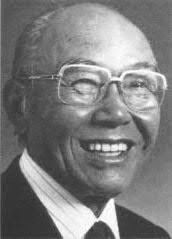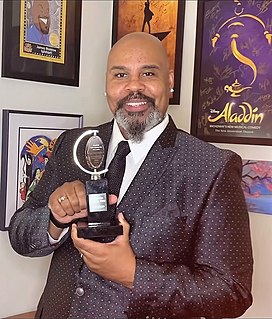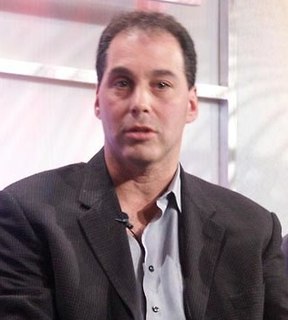A Quote by Elliott Smith
There's always that argument to make - that you're in better company historically if people don't understand what you're doing.
Quote Topics
Related Quotes
When I was doing Goodenough, I'd hired a few people to work in my office, but then, toward the end of the '90s, I decided that this is not what I should be doing. I didn't want to make a big company and have to hire lots of people. I felt like I was better as an independent or as a solo operator. So I made the decision to finish everything and work alone just with an assistant or two. Although maybe there isn't the potential that there is in having a bigger company, it's good for me.
Good developers like seeing their products sell in large quantities. They enjoy the competition of doing a better job than the other company, especially if the other company has more people on the project and they're entrenched and people are saying that we don't have a chance of getting in there and... and doing well.
The notion that somehow or another they'll (Iran) put it in a picnic basket and hand it to some terrorist group is merely an argument that may be convincing to some people who don't know anything about nuclear weapons. I don't find that argument very credible, I'm not sure that people who make it even believe in it. But it's a good argument to make if you have no other argument to make. The fact of the matter is, Iran has been around for 3000 years, and that is not a symptom of a suicidal instinct.
I've always wanted to help build a better society and build a better company, and I always wanted a healthy, vibrant company, a healthy, vibrant society. We take care of our people, we provide them with opportunity. But I've always believed business is here to serve your clients, your shareholders, your communities. If we do this well, everyone benefits. We have to do a good job for all of them.
If you're always in the company of people who agree with you, you're going to think of people who don't agree with you as venal or stupid. I constantly tell my students that if they're in the company of people who always say "amen" to what you say, find other company. And that is the source of illiberalism, when you are unable to listen to someone who thinks differently. That's when democracies are in trouble.



































